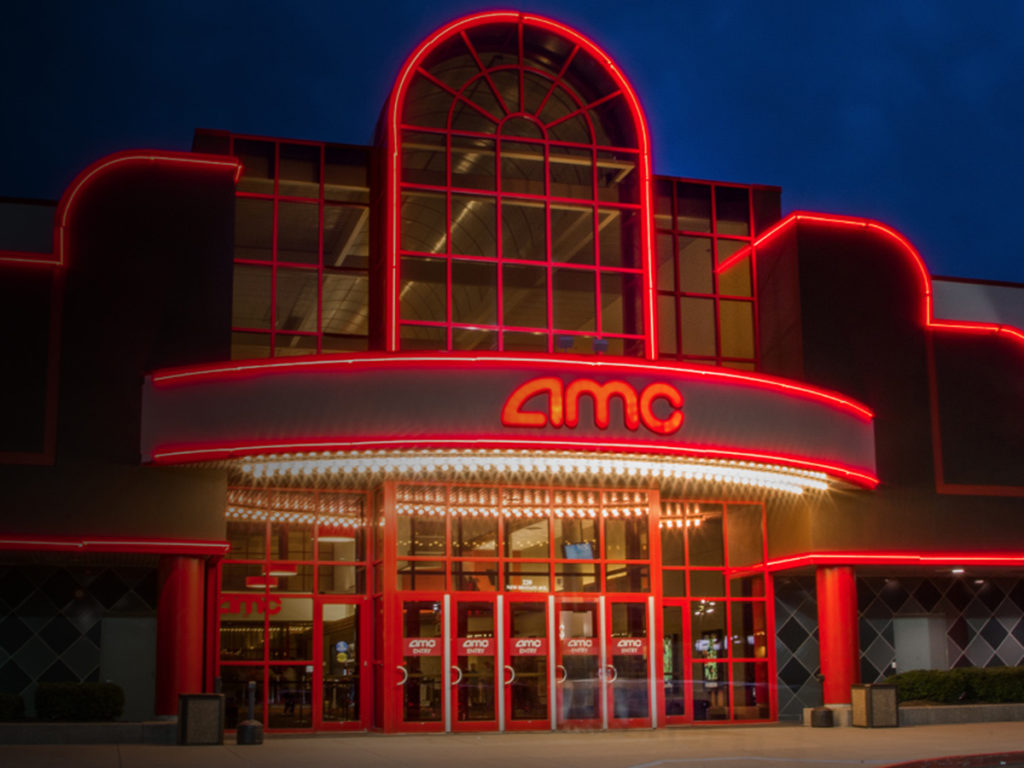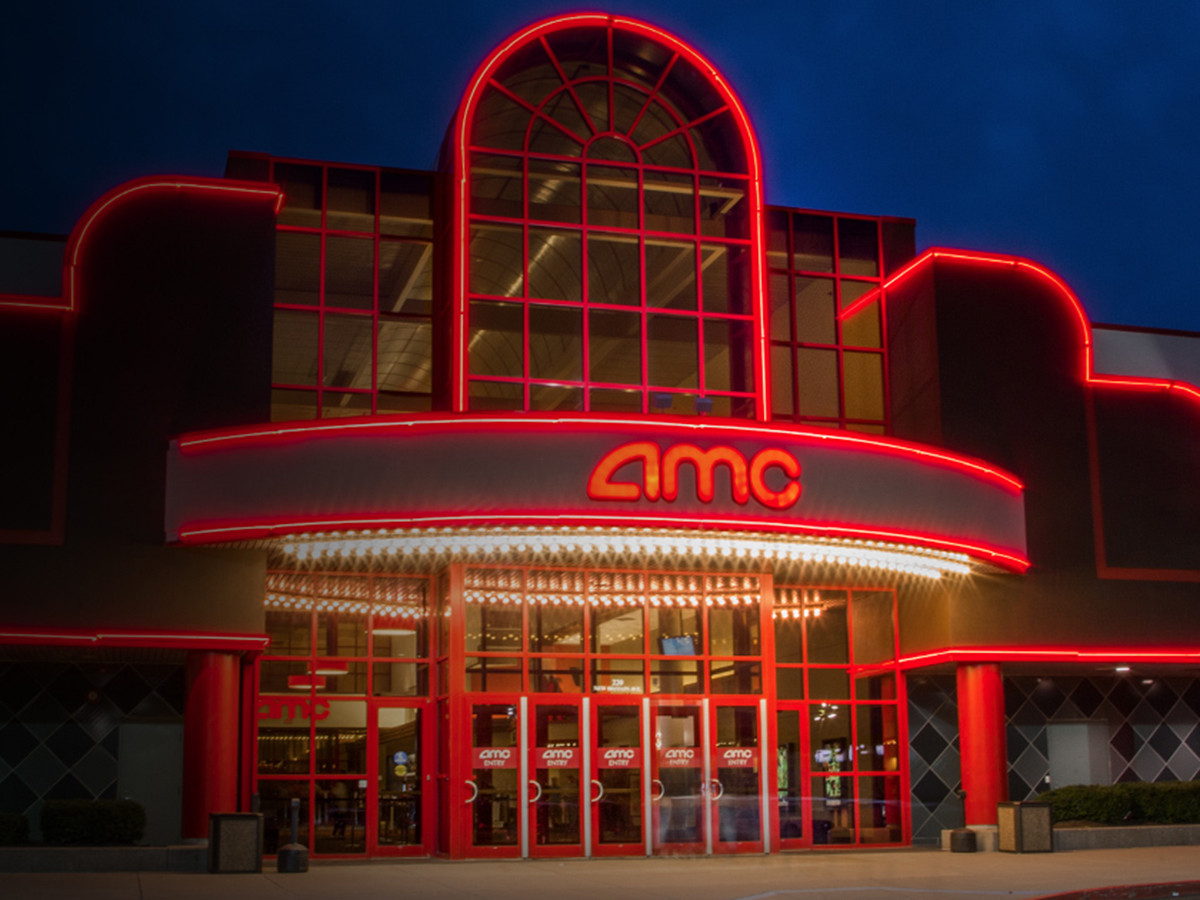
It is an understatement to say that the ongoing pandemic has been nothing but bad news for the entertainment industry. 80% of the U.S.’ 6,000 movie theaters across the nation have been forced to shut down, production of anticipated movies and TV shows have been halted; even the stars themselves have reported testing positive for COVID-19. To make matters worse, it’s looking more and more likely that AMC Theatres, the largest movie chain in the world, will have to file for bankruptcy as there is no definite date for when they can reopen their doors. Despite the current state of the industry, the COVID-19 pandemic has shown that no matter how much havoc the virus causes, there will always be a place for movie theaters in our culture. It is not a matter of if people will return to theaters, it is only a question of when they will get to.
As much as everyone is going to need Netflix and Disney Plus to get through the next couple of months, they are still no replacement for the overall moviegoing experience. In January 2020 the box office garnered $886.1 million, which is up 8.7% from January 2019. Despite the rise in box office sales, some have argued that the ticket sales are still lower than 2018 and speculated that the rest of 2020 will yield little success in the box office. These claims mainly stem from the fact that there are no obvious blockbusters lined up for 2020 in comparison to movies like last year’s “Avengers: Endgame,” not because there is necessarily a declining interest in going to movie theaters themselves.
In fact, amidst all the chaos, people are still seeking out ways to receive the full movie experience. Drive-in theaters across the country are experiencing a surge in sales as traditional theaters are being forced to close. For example, on March 17, the Paramount Drive-In Theatres in Paramount, California, saw their usual Tuesday ticket sales double, and families got to sit in the safety of their cars while watching Pixar’s recently released, “Onward.” These families could have easily stayed at home and pulled up Disney Plus, but instead they chose to physically go out to a theater while still practicing social distancing.
Even in an age where everything is online, movie studios still won’t acknowledge streaming services as a true substitute for theatrical release. While there are instances of theatrical releases being forgone for release via streaming sites, like Universal’s “Trolls World Tour” and Disney’s “Artemis Fowl,” outside of these cases, studios would see a significant drop in profits if they chose to do the same with their bigger upcoming titles.
Highly anticipated titles like “No Time to Die,” “Mulan,” “A Quiet Place 2” and “Black Widow” all saw postponements to fall rather than online releases. This is mostly because if studios would release films exclusively online, they would lose out on the 60% of the revenue they receive from domestic ticket sales and the 20% to 40% from the international market. It is one thing to release a movie like “Trolls World Tour” directly online, but it is another to send a movie that is practically a guaranteed box office hit like a “Quiet Place 2” straight to home. If a studio can maximize the amount of money by profiting from ticket sales and streaming services paying them for licenses, they will hold out for more money.
While COVID-19 has proven the importance of streaming services during a time like this, it still has not taken away the value and opportunities that a traditional movie theater provides. Director of “Crazy Rich Asians,” Jon Chu, was originally given the option to tell his story on Netflix or theatrically. Chu stated in a panel at CinemaCon 2019 that in the end he chose a theatrical release because, “If we wanted to affect culture on a global scale, to become part of the dialogue that had to be had and urgently, we knew there was only one way to present our movie, and that was theatrically.” The buzz that “Crazy Rich Asians” and other theatrical hits end up receiving showcases cultural impacts that straight to home releases could never replicate.
For years, people have been predicting online streaming will overtake traditional theaters, but it has yet to truly happen and it won’t happen even with the COVID-19 pandemic. Movie theaters and the experiences they provide aren’t as replaceable as some may assume. Streaming services will dominate for as long as COVID-19 runs its course, but as soon as the situation is contained, movie theaters will see people eager to return. After all, these are the same people who have been cooped inside for months, it is unlikely that the general public will be longing to stay inside watching Netflix or Hulu.








